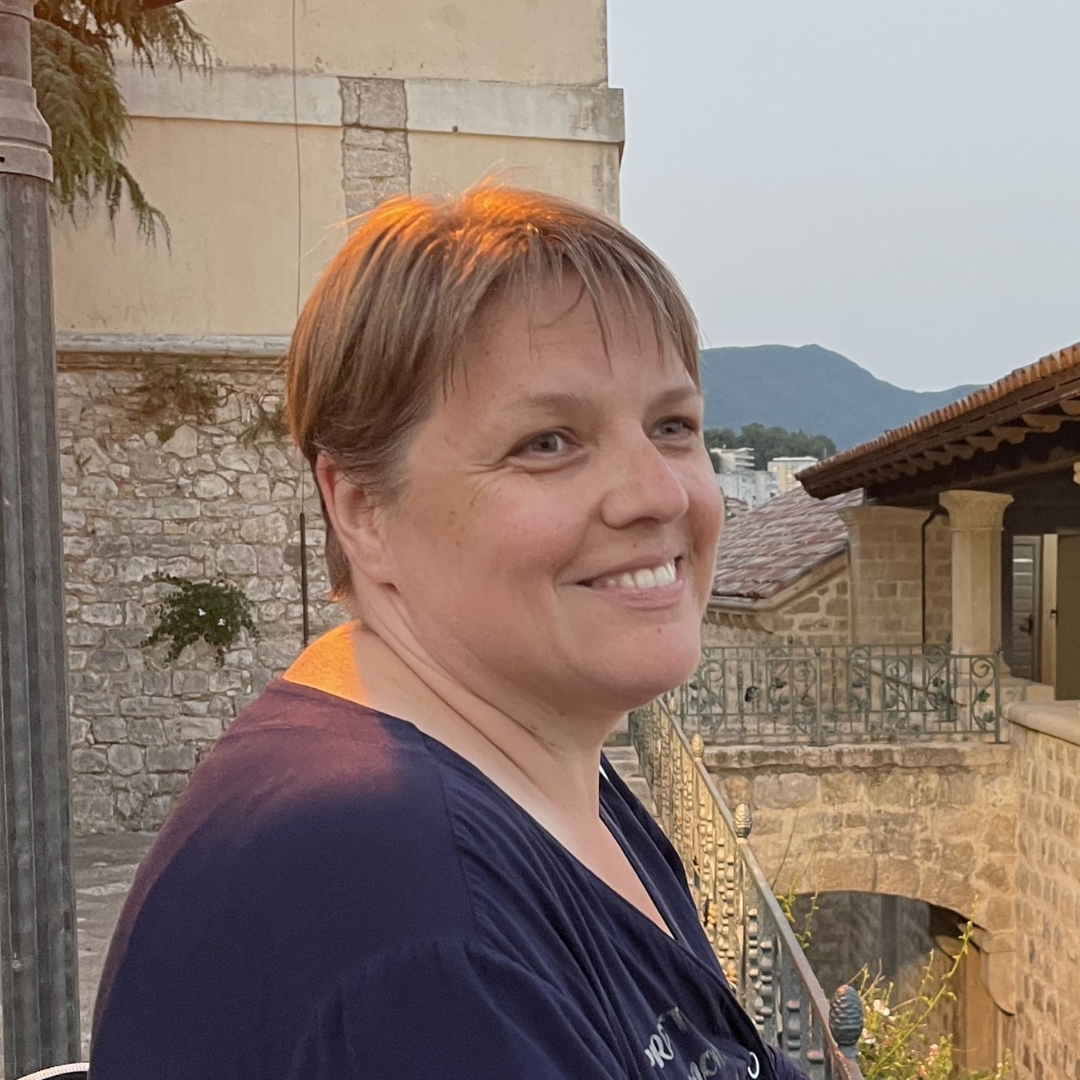For 15 years I've been doing the most amazing job in the world - telling people what they're talented at. Ironically, you have to learn about it from the outside. For one simple reason: what we tend to think of as our strengths have far more to do with training, experience, and invested effort. Real natural talents that give us a lot of strength, inspiration, and limitless results are so natural to us that it's easy to ignore them. "How unique is that, can't everyone do that?"
Personality types
The study and disclosure of talents is the domain of socionics. This field of knowledge allows us to show a person the uniqueness of his view of the world, his vocation, and the peculiarities of his interaction with different spheres of life. Some spheres are naturally easy for a person. Others can become a "black hole" that leaves only a sense of chronic fatigue, burnout, and a taste of failure.
According to socionics, there are 16 types of the psyche
This means that we look at it from 16 completely different angles. Each vision reflects the depth and richness of the world, interacting with certain facets of the whole.
I like an image I came across recently. Imagine that each of us lives in a high tower and looks at the world from there. The windows of that tower look out on all parts of the world.
Some of them are panoramic and bright, almost transparent. Through them, we see life adequately, as it is, and all our assessments of this reality can be trusted.
Other windows are smaller and dirtier, and some are quite cloudy and small. Looking at the world through such windows, we often catch only fragments of the big picture, miss important details, draw erroneous conclusions, and worry. We simply cannot see what is happening in reality.
This image helps us understand how we feel in different areas of life. Each of us has themes that we look at as if through panoramic windows. These are what we call talents. These are the areas in which we feel at ease, and if problems arise, we realize that everything is solvable. And any of us have topics that we see through small "windows". The need to solve any (even the most mundane issues) in them takes away much of our energy and self-esteem.
If you want to determine your type yourself, the Internet will offer you dozens of tests and versions. There is almost a 100-percent guarantee that it won't be your real type. This is where the very reason we started this conversation about talent comes into play. Questionnaires help you assess what you think of yourself, and what you would like to look like, but they tell you nothing about how things are.
Do you work in your specialty?
Seldom do our strong themes become our profession, much less a point of pride. Often I encounter the position that anything that comes easily to us and does not require a lot of concentration is of no value whatsoever. This is how we choose studies, which we then remember as circles of hell - but we did it, we have something to praise ourselves for! Then work - where every day is hectic, you have to twist a lot and not show that you're hard. And what, that's how everyone works?!
Then standing on tiptoe becomes unbearable, there is chronic fatigue, burnout, and the need for antidepressants.
During a consultation to determine the socionic type, we tell the person in two hours about him- or herself more than he/she could learn in 20 years of the daily battle with him-, herself.
The fact is that the perspective from which we see the world, our type of psyche, does not change. It doesn't change with age. It does not change because we ignore it, thinking that we are unique personalities who cannot be typified. It cannot be exchanged for qualities that are now in vogue, nor can it be undone because we choose to develop ourselves on all levels. Such development will always have a price and a very substantial one at that. For example, people who make their weak subjects a "growth zone" often show up on my doorstep after years of depression and psychiatric hospitalization.
Declaring a truce with yourself is sometimes the most difficult but most effective strategy. Recognize and accept your talents, in the areas in which they exist. Recognize and acknowledge the themes where one's self is cherished. Allow yourself your very own life.
More about consultation https://kassich.ru/socionics_session_eng




